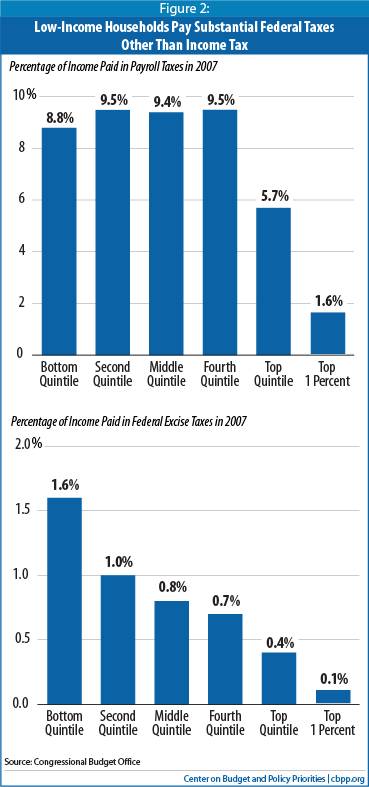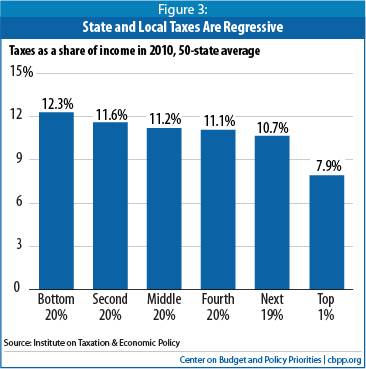I think you can divide the tea party into two main ideological groups. On the one hand, you have the independent, fiscal conservative, and libertarian wing that is concerned with small government, and does not look positively on foreign interventionism or government involvement in personal matters. On the other hand, you have the social conservatives, who are for small government in economics but still support socially statist policies and are less critical of the warfare state.I think this is something Obama didn't budget for. The Republicans are standing with the backs against the wall. They have no wiggle room at all.
The feeling of the average Tea Party person is that the reps were elected with a set of particular promises. They break their promises, they are unemployed.
Also, they have the expectation that Obama will fold. They feel they have seen him fold on issues more important than this.
One think I do think is universal in Tea Party folks like myself is the feeling that Obama has manufactured this crisis in order to play to the gallery.
So the Tea Party position on the negotiations is
1) Obama is not being sincere
2) They have their backs to the wall and they can't retreat even if they wanted to
3) Obama has no strength of conviction on anything, and he will fold
I honestly don't believe that there has been an issue more important. It hasn't been Obama's doing that has caused the right to say they will never compromise. I believe that politics is using compromise to come to a point where we can actually get things done.
But Baruch, from what I have seen there are several groups that call themselves the real tea partiers. And it seems to me they don't always agree. Is this what you think or is that impression of mine wrong?
To me it is basically the Ron Paul side and the Michelle Bachman/Sarah Palin side.
Thank you very much. I know I've seen a lot from the social conservative tea partiers but I just wasn't sure what was going on. You post cleared it up considerably.






